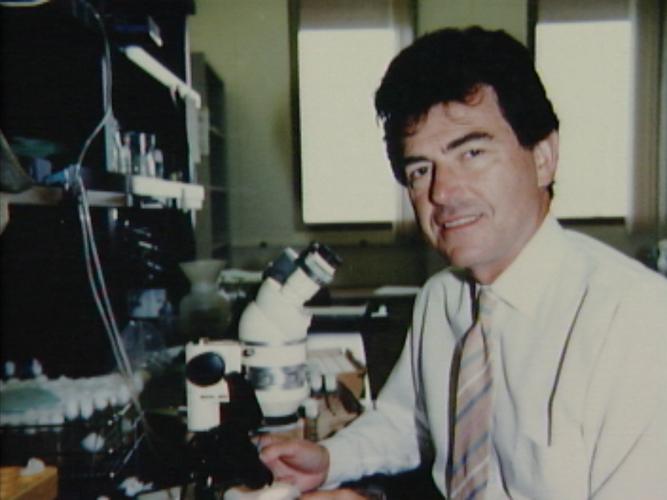Although Francisco J. Ayala began his career as a Dominican Priest, he quickly moved into a very different realm: evolutionary biology. Ayala, who was born in Madrid, Spain and studied theology in Salamanca, arrived in the United States in 1961 to study genetics at Columbia University. After receiving his Ph.D. from Columbia in 1964, Ayala went on to become world-renowned for his research on population and evolutionary genetics and biological evolution, known particularly for discoveries that have influenced the treatment and prevention of certain diseases. Although Ayala has taught at a number of institutions, he spent most of his career at two campuses within the University of California system: UC Davis and UC Irvine. In the 1970s, while at Davis, Ayala and his colleagues produced research showing that environmental stability aids genetic variation, offering new insights into the major diversifications and extinctions found in the fossil record. A decade later, Ayala turned his focus to Chagas Disease, which affects millions of people, largely in Central and South America. His research determined the ways in which the parasitic protozoa that causes Chagas reproduces, with critical implications for vaccines and treatments for the disease. For his research, which has had far reaching implications in a number of fields, Ayala has received a number of awards, most notably the National Medal of Science in 2001.
By Sara Grossman









